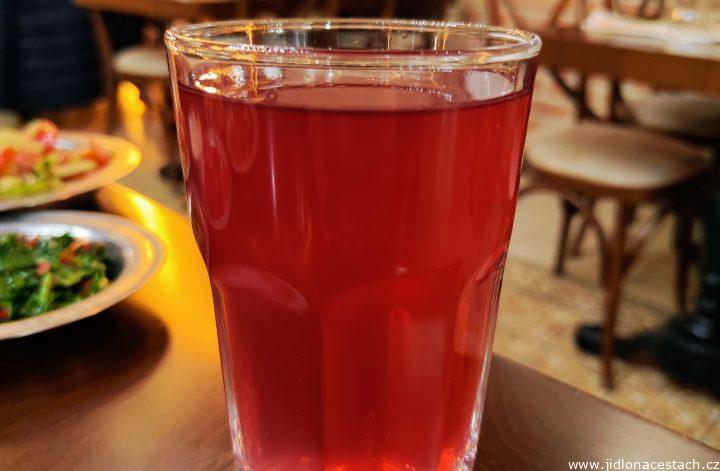Turkey has long been among the world’s leading producers of olives and olive oil. Olive trees have been cultivated in Turkey for thousands of years. Thanks to its favorable climate, long-standing tradition, and high quality, Turkish olives are popular both domestically and abroad.
Turkish Olives

Olive Cultivation in Turkey
The most important olive-growing regions in Turkey include:
- Aegean Region (western coast): especially the provinces of İzmir, Aydın, Muğla, Balıkesir, and Manisa. The Aegean Region produces about three quarters of Turkey’s total olive harvest. The mild Mediterranean climate provides optimal conditions for olive cultivation.
- Marmara Region: provinces of Bursa, Çanakkale, Tekirdağ, and Yalova.
- Mediterranean Coast: provinces of Hatay, Mersin, and Antalya.
- Southeastern Anatolia: a smaller but growing production area, especially around Gaziantep and Kilis.

Varieties of Turkish Olives
Hundreds of different olive varieties are grown in Turkey, but the most widespread and important include:
- Gemlik: one of the best-known Turkish varieties, mainly grown near the Sea of Marmara around the city of Gemlik. These olives are popular for their pronounced flavor, firm texture, and high-quality oil.
- Ayvalık: cultivated primarily in the Balıkesir and Çanakkale provinces. It is renowned for its high-quality olive oil with a delicate taste and pleasant aroma.
- Memecik: a typical Aegean variety, especially from the Muğla and Aydın provinces. Memecik provides high-quality oils and olives with a distinct, fruity flavor.
- Domat: mainly a table olive, popular for its size and firm flesh. It is often served pickled as part of a traditional Turkish breakfast.

The Competitiveness of Turkish Olives
In terms of quality, Turkish olives are highly competitive. While Turkey lags behind Spain in terms of production volume, it surpasses, for example, Greece and Tunisia. In terms of quality, Turkish olives are on par with Greek olives – mainly thanks to a focus on traditional harvesting and processing methods.
Turkey is one of the world’s major exporters of olives and olive oil. Although a significant part of the harvest is consumed domestically, the export of olives and olive oil is an important part of Turkey’s agricultural trade.
Domestic consumption in Turkey is very high. Olives are an essential part of Turkish cuisine. Table olives are often served at breakfast, in salads, or as a side for various dishes. Olive oil is a staple ingredient used throughout Turkish cooking.

For me, Turkish olives are a fantastic tip for an outstanding delicacy – what to bring back from Turkey.
Bon appétit!
🇹🇷 Want to enjoy the true taste of Turkey? Subscribe to my newsletter and I will send you for free everything you need to know to discover and enjoy authentic local specialties in Turkey.


